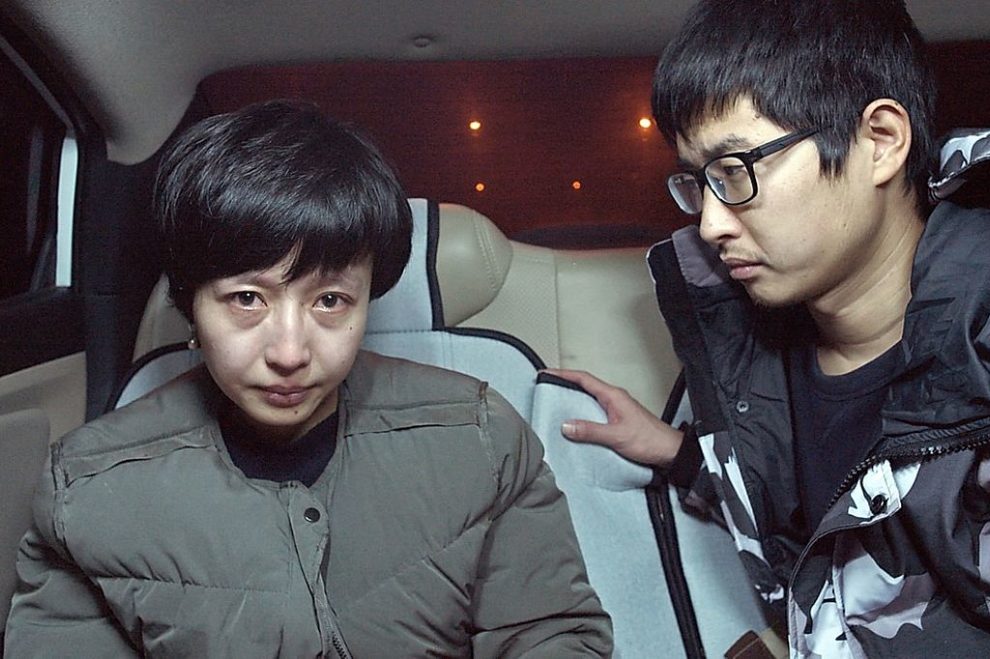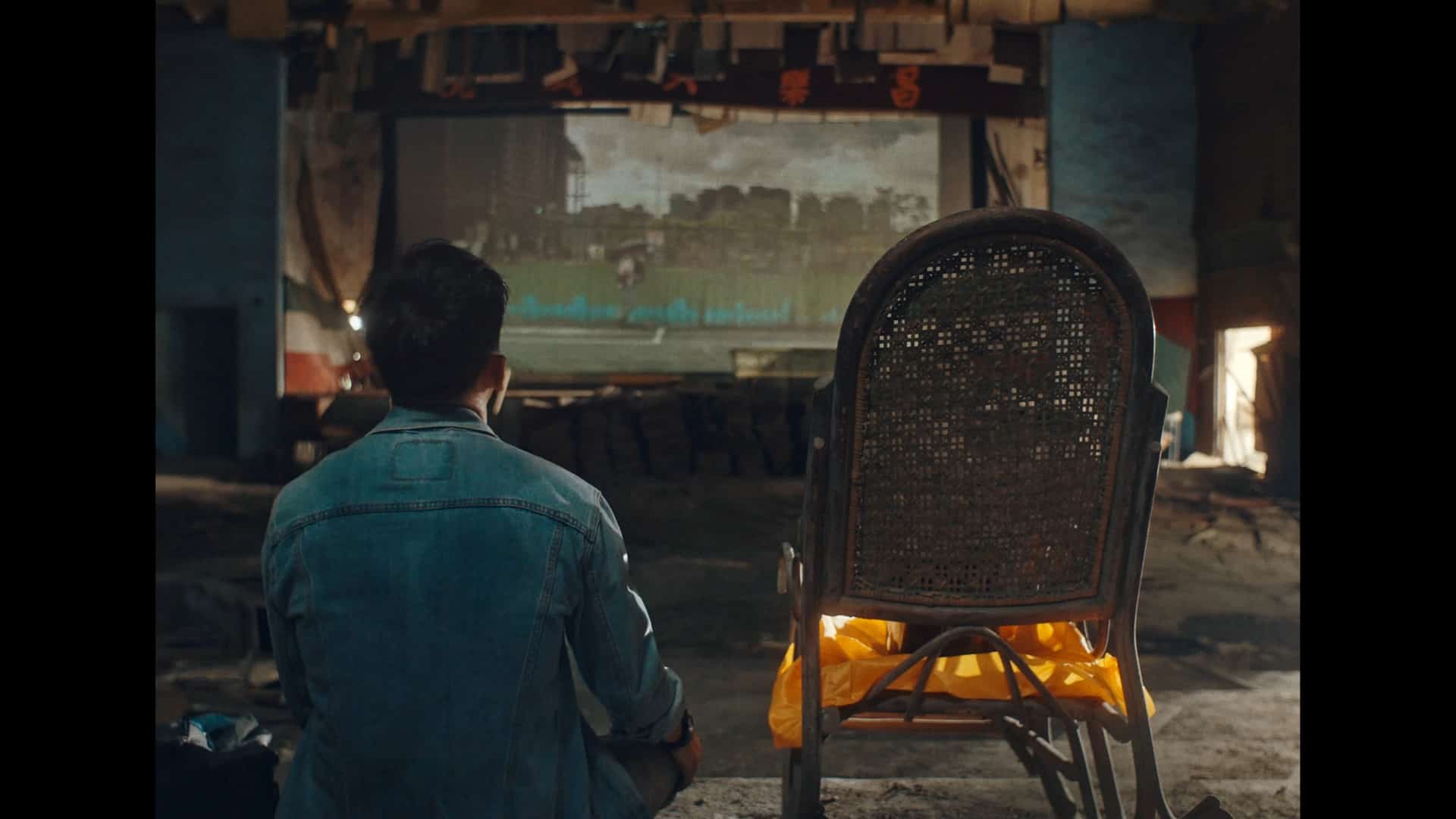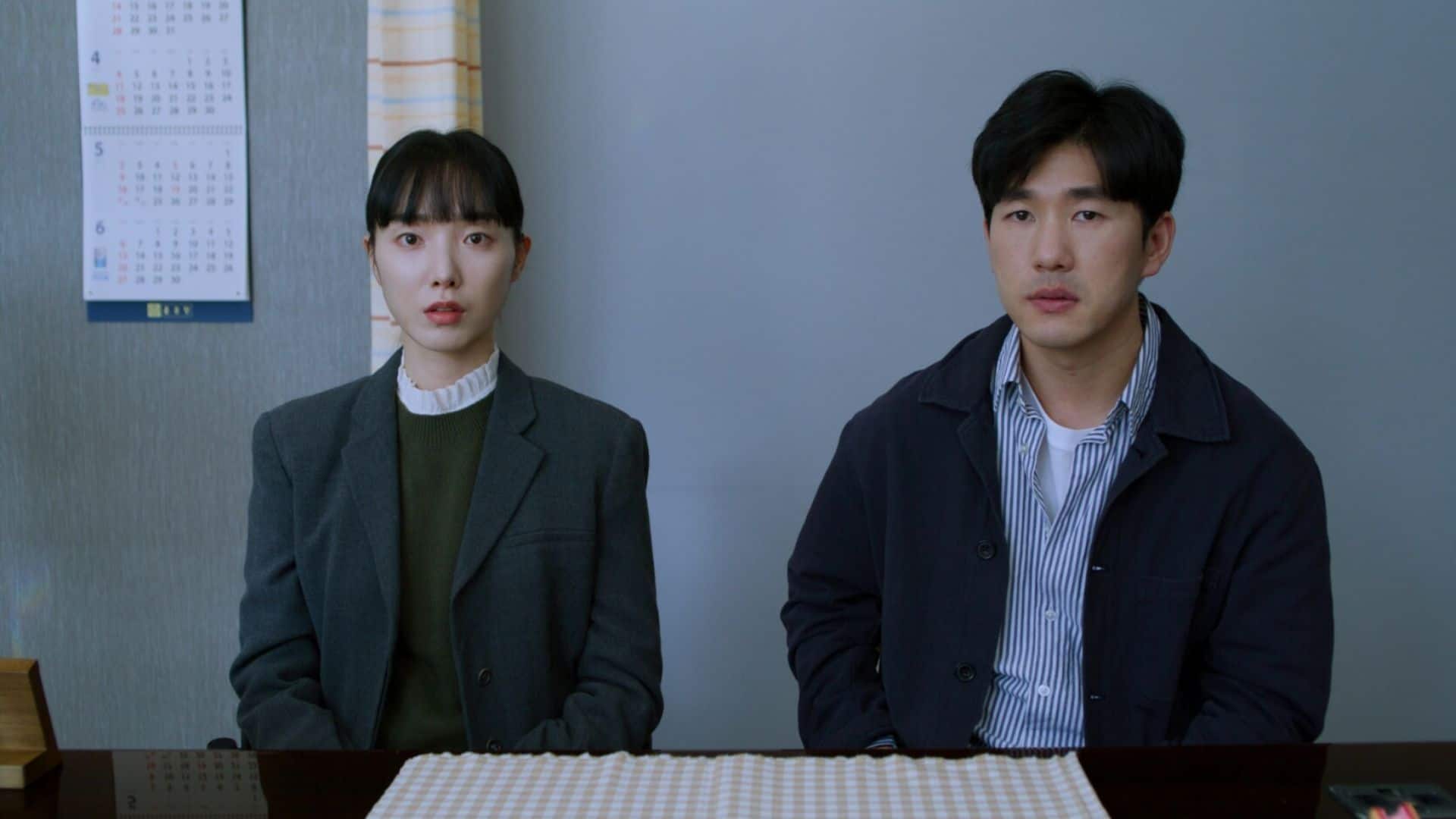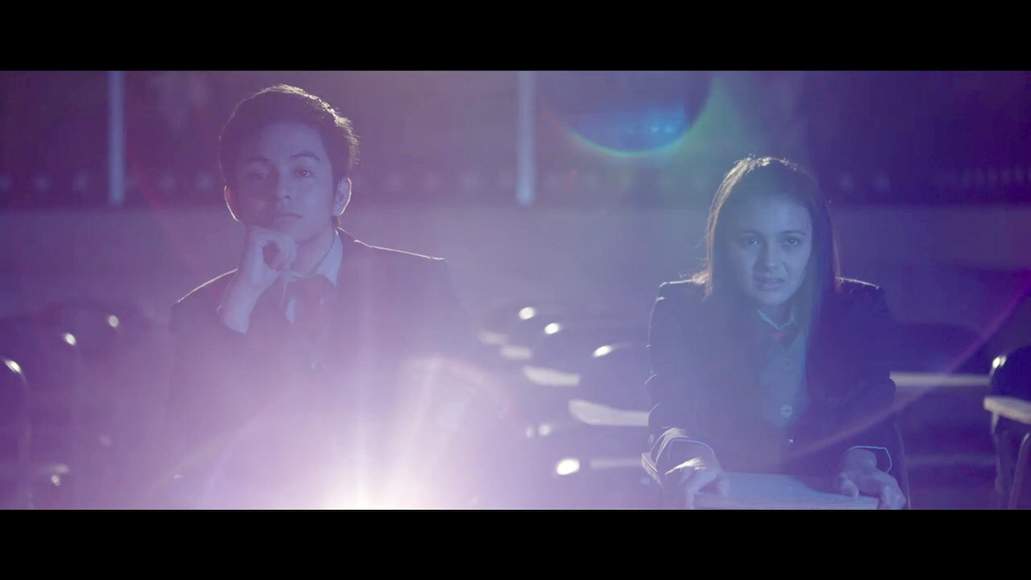Apart from the occasional genre movies, the movie industry of Hong Kong, much like any other Asian country, is defined by a great amount of family and social issue dramas, which are screened on film festivals all over the world, at times even winning critical acclaim and awards. However, given the plethora of titles in the field, it is quite difficult to really stand out, especially with the genre having a tendency towards sentimentality and certain stereotypes, both narratively and formally. Despite these concerns, Chinese director Wang Xiaozhen embarked on the journey to make a family drama as his second feature, which is now screening at festivals such as Filmfest Hamburg. “Love Poem” tells the story about the end of love, how a relationship develops from the two partners being emotionally distant towards each other to becoming hostile, violent and even hurtful to the other person.
“Love Poem” is screening at Filmfest Hamburg

In the first segment of the story, we see Wang Xiaozhen picking up his wife Zhou Qing and their daughter from his grandparents. On their way towards Qing Shi's sick great-grandfather, an argument which deals with both of them accusing the other of their lack of responsibility and loyalty within their marriage quickly escalates. While his wife tries to entertain their daughter in the back seat, Xiaozhen attempts to concentrate on the driving, a task becoming increasingly difficult as Qing turns violent against him, kicking the back of his seat and even slapping him on several occasions. After they have brought their daughter to their relatives, the argument again escalates, becomes violent again until Xiaozhen decides to try and calm down his wife, with his statements actually making things worse.
However, the second half of “Love Poem” – introduced with a title screen saying this is a film by Wang Xiaozhen – we notice a similar scenario with the director picking up the actress (this time using her real name) from her apartment since he wants to talk to her about something. After speaking about his wife's supposed pregnancy and his thoughts on becoming a father, he eventually confesses he has fallen for Zhou Qing and by stating that he wanted to take this off his conscience. As soon as the actress starts showing concerns and confusion about his confession, the scenario is once again suspended.
In his second feature, Wang Xiaozhen manages to tell a dramatic story using very limited means, especially in terms of the setting. Within both scenarios, the inside of the car reflects the contrast of the actual closeness of the characters to their emotional distance towards one another, which increases during their argument even more. Additionally, the fixed, mostly static camera focuses on the characters, the inner turmoil of what they are going through, making “Love Poem” a quite demanding tour-de-force for the cast. This is also highlighted by the tense atmosphere between the protagonists, as they go from emotions like disappointment and anger to sheer desperation given the inability of the other person to understand, as well as the hopeless about the state of disrepair of their relationship.
Despite its minimalist nature formally and narratively, “Love Poem” is in many ways quite an interesting experiment, repeatedly breaking the formula and the fourth wall to uncover truths about a relationship. In particular the second segment plays with the idea of the masks we wear or the act we put up in front of another person, with the other one, in this case the director, being the emotional exploiter, demanding his actress to “go deeper” and “do it one more time”. The phrase “I am done with this act” is therefore significant on many levels, emphasizing the level of frustration which has built up inside the actress but also her demand to finally be able to get out of a desperate situation. Similarly, in the first segments, Qing Shi's violent outbursts and her husband's emotional exploitation mirror the relationship of director and actress.
“Love Poem” is an aesthetically minimalist but quite powerful drama about the end of a relationship and the reasons it has come this far. Wang Xiaozhen uses few means and relies heavily on his actors in order to uncover the emotional cruelty in a relationship, the level of violence and exploitation we endure and exercise.















